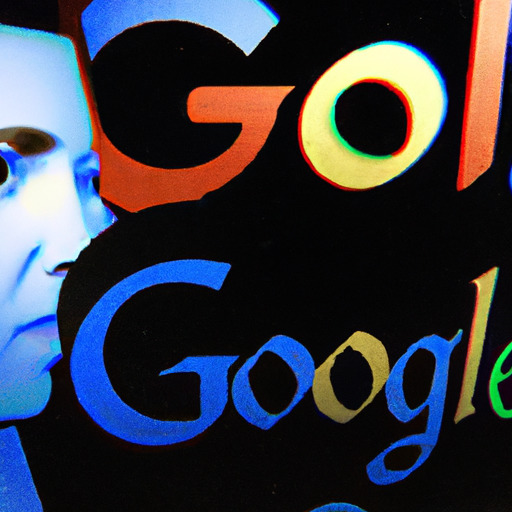Have you ever been blown away by a tech demo, only to later find out it wasn’t as authentic as you thought? Well, it seems like Google has fallen into that trap with their latest AI demo. The tech giant recently revealed that their Gemini AI demo, which showcased advanced machine learning capabilities, was at least partially faked. Let’s dive into the details and uncover the truth behind this unexpected admission.
In February of this year, Google wowed the world with their Gemini AI demo, where they trained their AI system to perform a variety of tasks, such as playing games and solving puzzles, without any specific programming. The demo received widespread attention and praise, with many hailing it as a major breakthrough in the field of AI. However, it seems that things were not as they appeared.
In a recent blog post, Google has confessed that the demo was not entirely authentic and that they used some “slight of hand” to make it appear more advanced than it actually was. The company revealed that they programmed a few pre-determined tasks into the system beforehand, instead of allowing it to learn and adapt in real-time as it was presented. While the core AI system was indeed capable of learning on its own, it was not fully responsible for the impressive feats showcased in the demo.
The tech community has been quick to react to Google’s admission, with many expressing disappointment and frustration. Some have accused Google of deceiving the public and hyping up their AI capabilities to attract attention. The company has also faced criticism for their lack of transparency and honesty in this matter. However, others believe that this is a common practice in the tech industry, where demos are often exaggerated to impress potential investors and customers.
Despite the controversy surrounding the Gemini AI demo, it’s essential to recognize the significant achievements and advancements in AI that Google has made. The fact that their AI system was able to learn and adapt on its own, even with the programming of specific tasks, is still a remarkable feat. It opens up new possibilities for AI technology and its potential applications in various industries.
In their blog post, Google has promised to be more transparent in the future and provide a more accurate representation of their AI capabilities. As the tech industry continues to push the boundaries of what is possible with AI, it’s crucial for companies to be honest and upfront about their technology to avoid misleading the public.
The revelation of Google’s admission serves as a reminder that we must be critical of tech demos and not take every impressive showcase at face value. While it’s tempting to get swept up in the hype, it’s essential to dig deeper and question the authenticity of these demonstrations.
In conclusion, the Google Gemini AI demo may have been partially faked, but it’s still a significant step forward in the world of AI technology. This admission serves as a lesson for both the tech industry and the general public to be cautious of exaggerated claims and the need for transparency and honesty in showcasing technological advancements.
